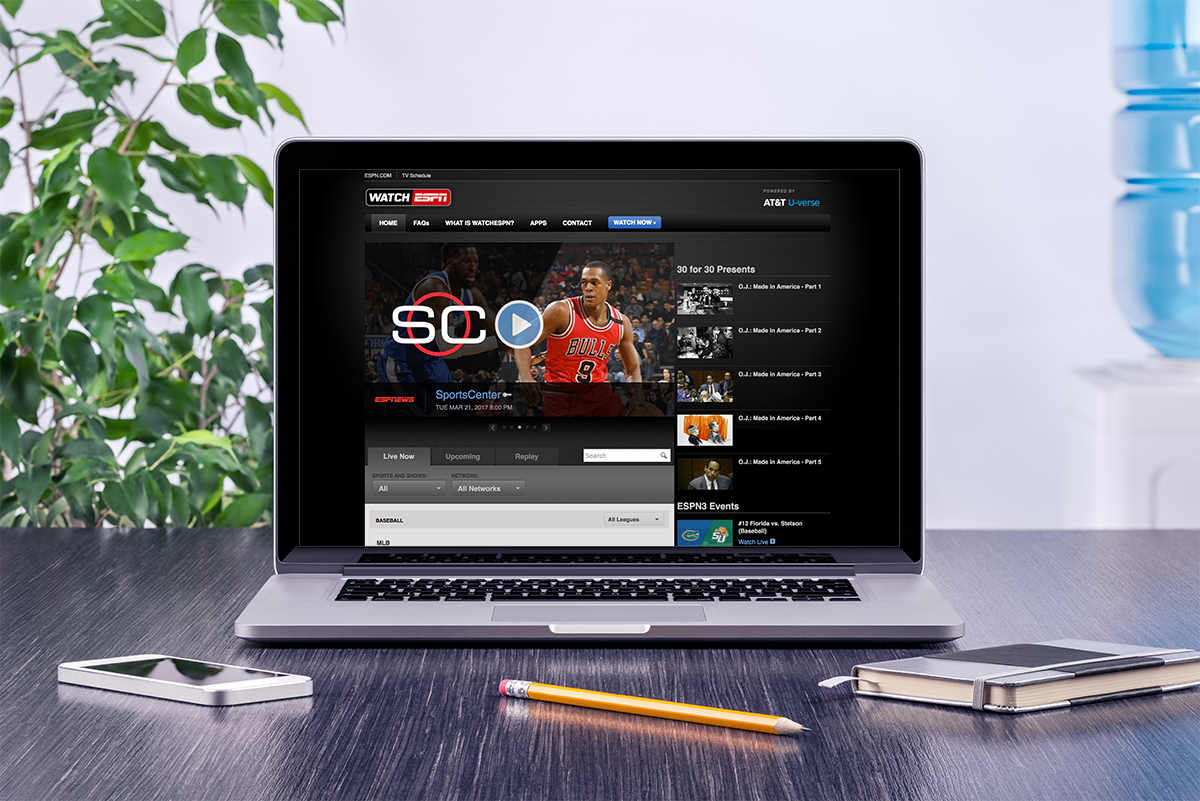Don’t let this prompt you to change your broadcasting style
A college football broadcaster was in his second season with a new university. Message board trolls were complaining that he wasn’t enough of a homer on his broadcasts.

“The guy I replaced was not good with the fundamentals of play-by-play,” he said. “He was a big time homer who could complain about the officials and act like the game was a funeral if the team was losing. You could go 20 minutes without knowing the time and score, or even which teams were playing.”
School officials were pleased with the new broadcaster. Still he wondered, “Do I keep doing my thing and hope people get used to it, or should I be more clear that I root, root, root for the home team?”
Read More








